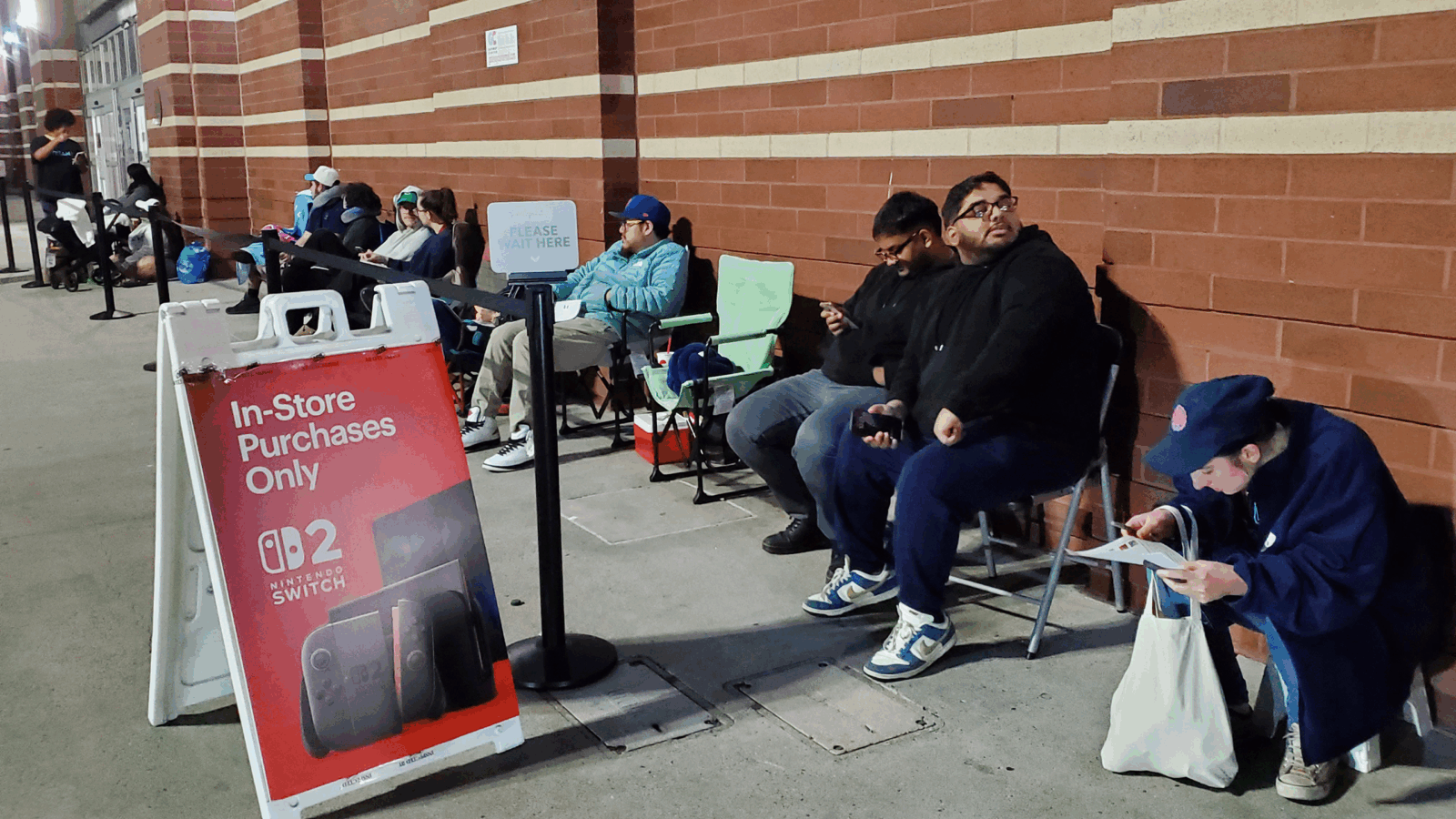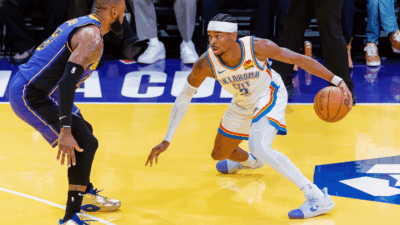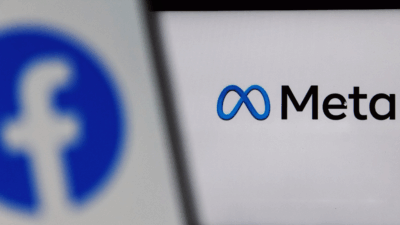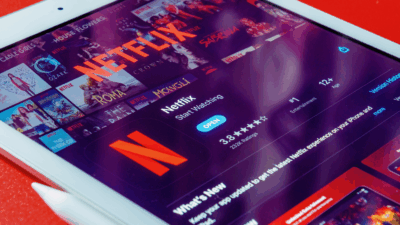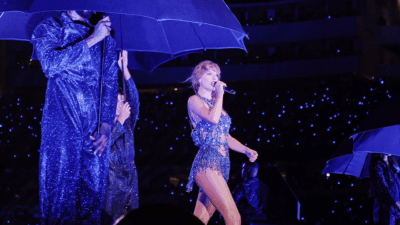Disney, Warner Bros. Keep White-Knuckling the Linear TV Churn
It’s still a tumultuous time to be a major media conglomerate, Disney and Warner Bros. Discovery’s earnings reports’ show.
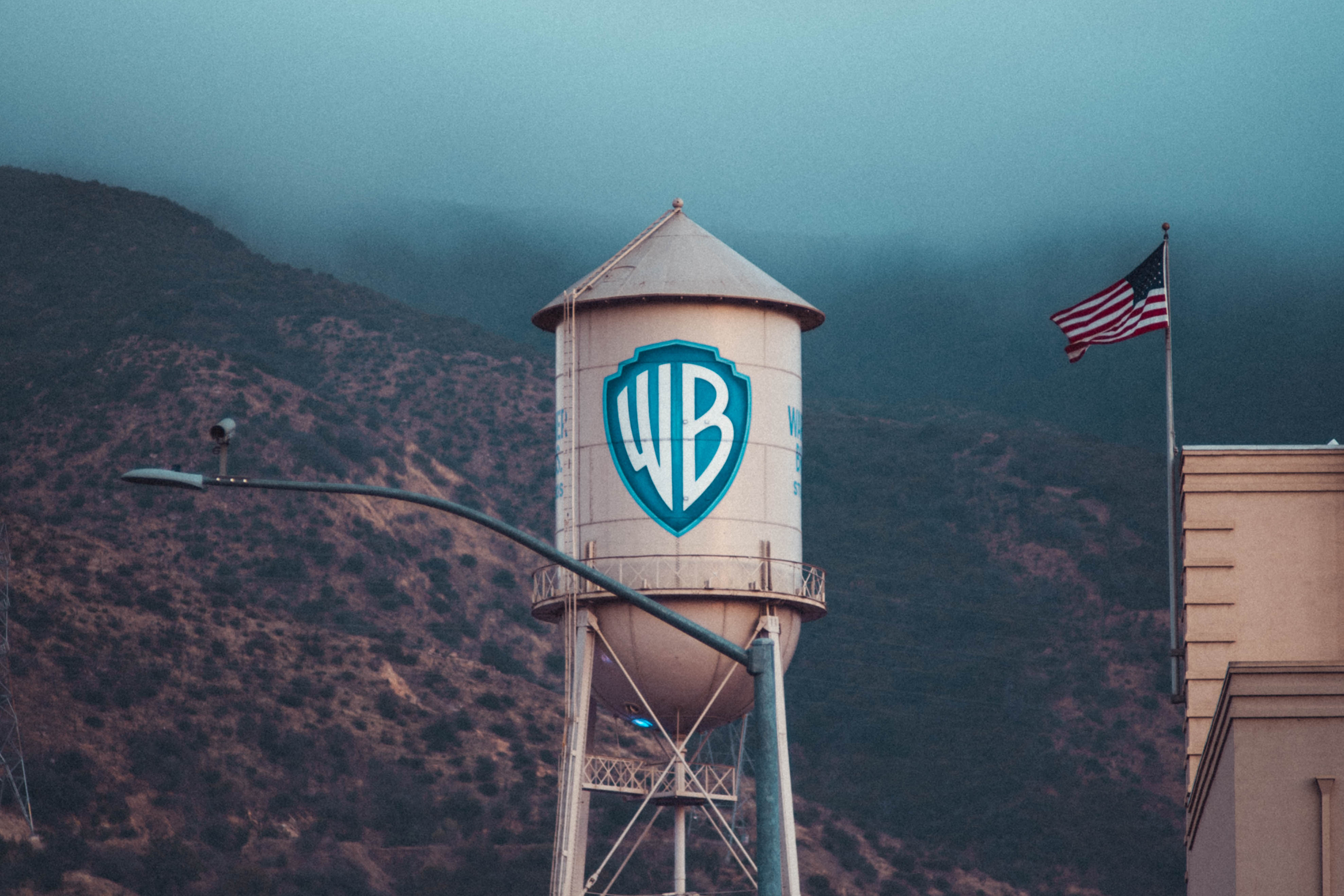
Sign up for smart news, insights, and analysis on the biggest financial stories of the day.
Wednesday’s media industry double feature was a scare-fest.
Both Disney and Warner Bros. Discovery delivered quarterly earnings reports. The bottom line? It’s still a tumultuous time to be a major media conglomerate.
When You Wish Upon a Streaming Service
Despite some promising fundamentals, WBD had the objectively worse day of the two. The good news is the company’s streaming unit posted something close to a profit. Its $111 million in adjusted EBITDA was a massive swing from the $634 million loss a year ago. Meanwhile, Barbie’s $1.5 billion summer box office haul helped WBD’s film studio revenue climb 4% to $3.2 billion. But even the biggest hit in the company’s century-long history wasn’t enough to cover a company loss of $417 million — enough to see its share price slide nearly 20% on Wednesday. Ouch.
Disney, meanwhile, posted a $420 million loss in its all-important streaming arm. While that’s a big step up from the $1.4 billion loss a year ago, the dual talent strike in Hollywood halted virtually all production and related spending — and the company still doesn’t expect direct-to-consumer profitability until at least Q4 of next year. But better-than-expected overall net income, fueled by a strong Parks and Experiences segment, helped Disney shares claw back a few points from a decade-low in after-hours trading.
Both companies, however, face the exact same demon:
- The shift to streaming has pulled viewers away from both companies’ long-lucrative linear TV businesses — and the pain is starting to pile on. WBD reported a 12% decline in network TV advertising revenue.
- Disney attributed its 9% dip in linear TV revenue to fewer impressions and lower average viewership. Disney earlier this summer flirted with selling ABC, its flagship linear TV network.
“This is a generational disruption we’re going through,” WBD CEO David Zaslav said during the earnings call.
Growth or Die: WBD’s adjusted profit in streaming was helped in part by combining HBO Max and Discovery+ into a single service, Max, early this summer. Now Disney has finally tipped its hand on when it may do something similar, announcing that a beta version of a combined Disney+ and Hulu app will launch in December, followed by an official launch next spring. That comes as Disney inches toward completing its buyout of Comcast’s outstanding one-third stake in Hulu before December 1, at a price tag of at least $8.6 billion. It may be safe to say your streaming bills will continue to get bigger in the near future.




